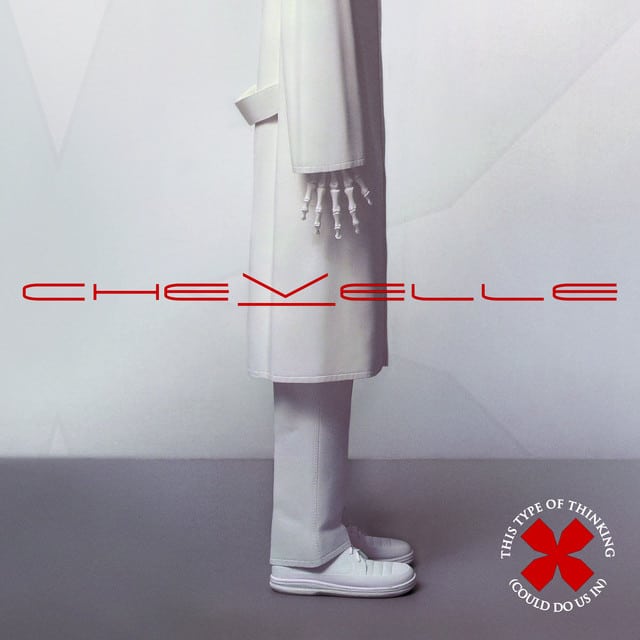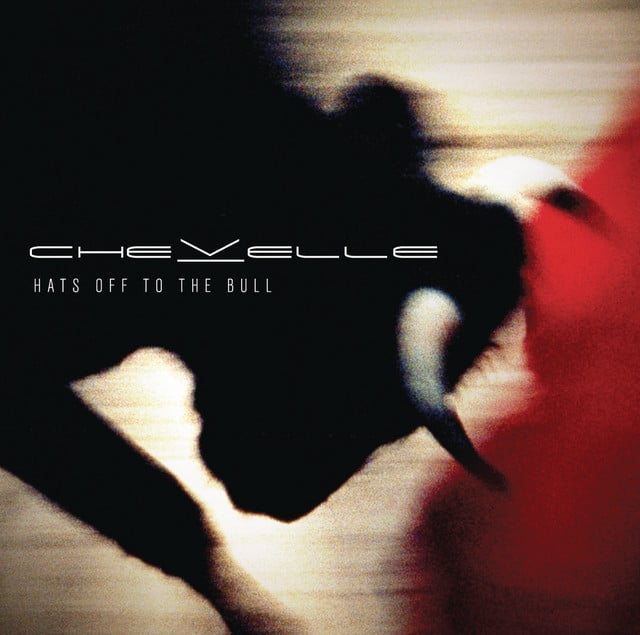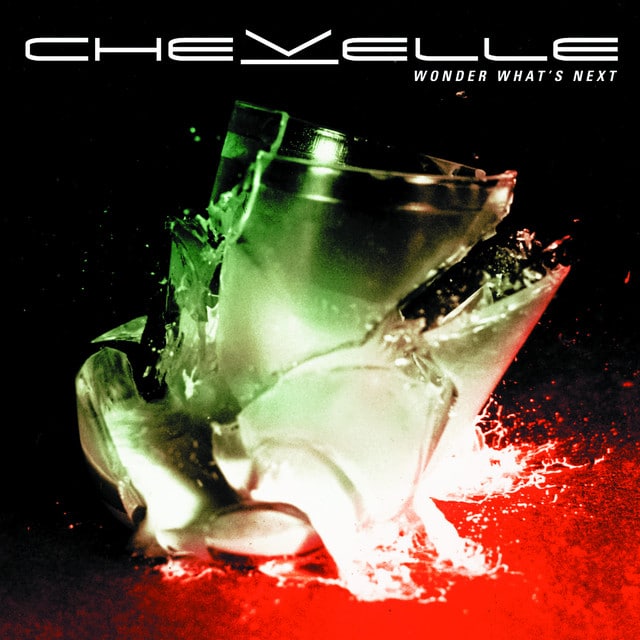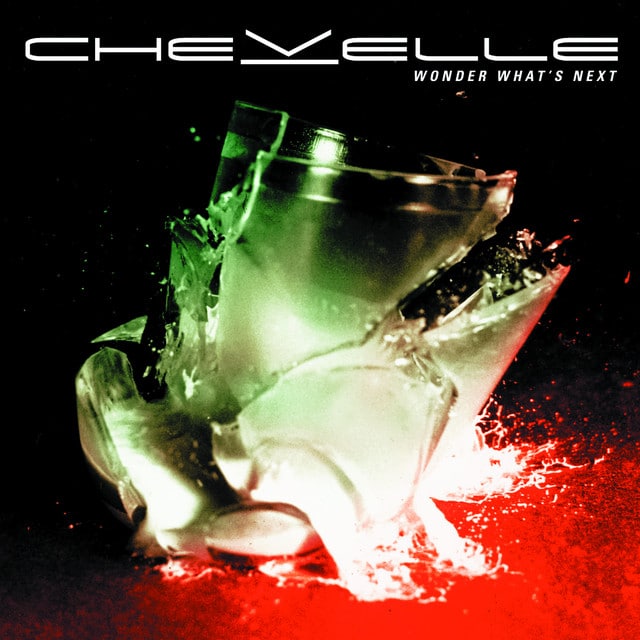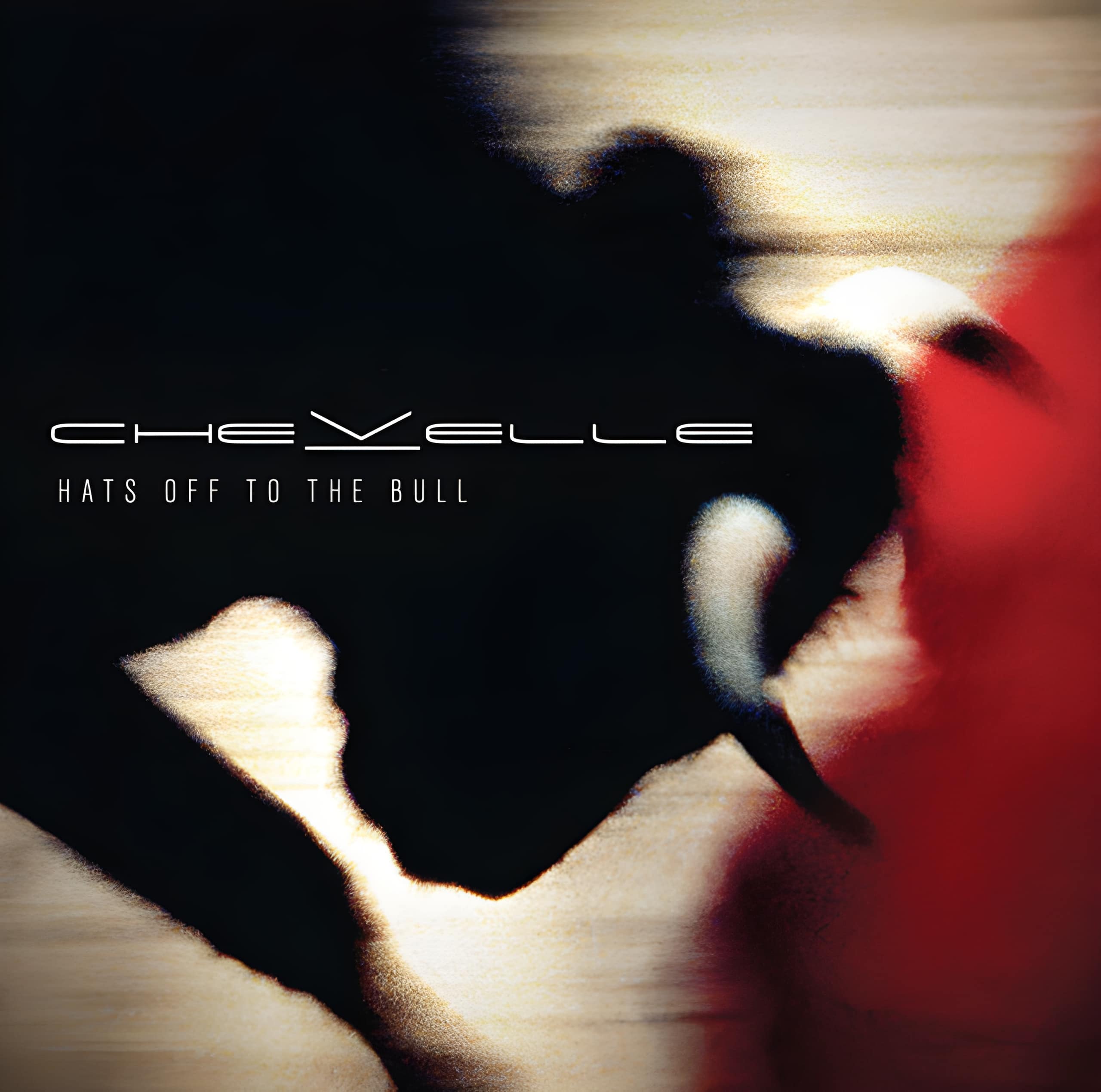Released: 2004
“Vitamin R (Leading Us Along)” by Chevelle delves deep into the heart of dependency and the human tendency to follow blindly, a riveting commentary on society’s collective submission to norms and vices. At its core, the song tackles the issue of prescription drug abuse, symbolized by “Vitamin R” which refers to Ritalin, a medication often prescribed for ADHD that’s notorious for its misuse. Through a blend of gritty instrumentals and visceral lyrics, Chevelle crafts a narrative that’s both a caution and a reflection on our coping mechanisms in the face of solitude and societal pressures.
The opening lines, “Some will learn, many do / Cover up or spread it out / Turn around, had enough / Pick and choose or pass it on,” introduce the dichotomy of human reactions towards learning from experiences or covering them up. It’s a nod to the way individuals either confront or evade their issues, especially in the context of drug use as a coping mechanism. The choice to “turn around” and “pick and choose” signifies a pivotal moment of decision, highlighting the often difficult choice between facing one’s demons or continuing a cycle of avoidance.
As the song progresses to “Buying in, heading for / Suffer now or suffer then,” it underscores the inevitable suffering associated with dependency. Whether the suffering is immediate or delayed, the lyrics suggest a sense of inescapability from pain, making a profound statement on the human condition and our incessant quest to alleviate it, albeit temporarily, through substances like Ritalin. The repetition of “He’s alone / (And he has become)” emphasizes the isolation that often accompanies dependency, illustrating how substance use can lead to a profound sense of loneliness despite being a widespread issue.
The chorus, “Well, if they’re making it (making it) / Then they’re pushing it (pushing it) / And they’re leading us along,” directly addresses the pharmaceutical industry’s role in the proliferation of prescription drug misuse. “They” refers to the entities producing and promoting these medications, implicating them in the cycle of dependency. This part of the song also touches on the concept of being led along or manipulated, painting a picture of societal complicity and the passive acceptance of a system that fosters dependence.
The bridge, “After all, what’s the point? ‘Cause levitation is possible / If you’re a fly, achieved and gone / There’s time for this and so much more,” could be interpreted as a moment of realization and resignation. The mention of levitation, an impossible feat for humans, juxtaposed with the example of a fly, symbolizes an unattainable freedom for those trapped in the cycle of dependency. It suggests that while we might yearn for escape or transcendence, our vices tether us to reality, limiting our potential for liberation.
The repetition of “Over and over a slave, became” towards the end of the song reinforces the idea of entrapment and the cyclical nature of addiction. The transformation into a “slave” to dependence highlights the loss of control and autonomy that accompanies drug misuse, serving as a grim reminder of its consequences.
In conclusion, “Vitamin R (Leading Us Along)” by Chevelle is a powerful critique of dependency, societal norms, and the pharmaceutical industry’s influence. Through a raw and evocative narrative, Chevelle invites listeners to reflect on their own coping mechanisms and the broader implications of our collective willingness to be led along paths of least resistance, often to our detriment. This song isn’t just a piece of music; it’s a mirror held up to society, challenging us to confront our behaviors and the systems that enable them.
